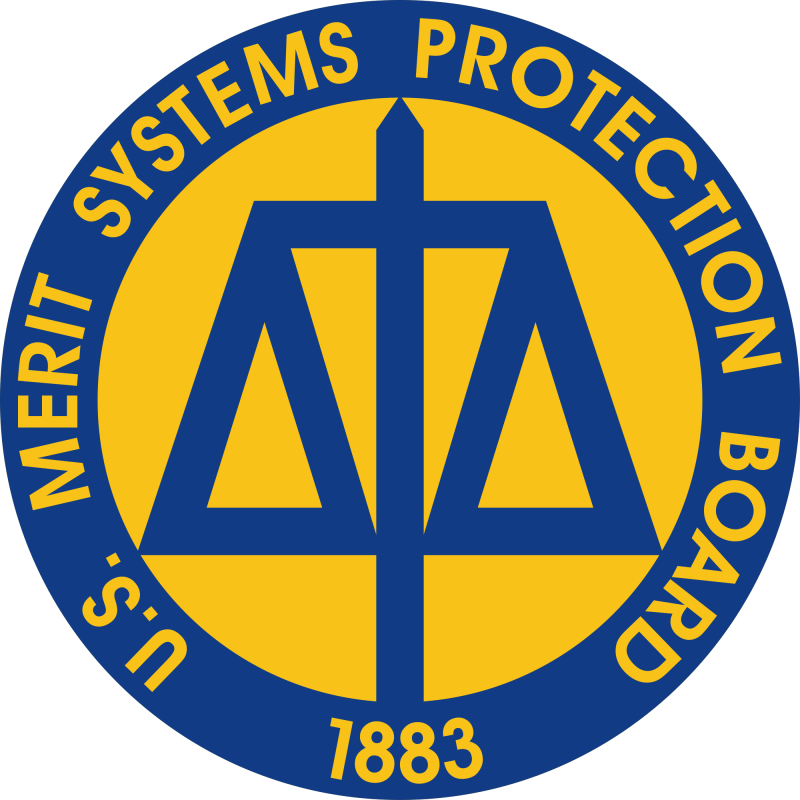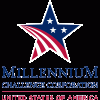The Merit Systems Protection Board is an independent, quasi-judicial agency in the Executive branch that serves as the guardian of Federal merit systems. The Board was established by Reorganization Plan No. 2 of 1978, which was codified by the Civil Service Reform Act of 1978 (CSRA), Public Law No. 95-454. The CSRA, which became effective January 11, 1979, replaced the Civil Service Commission with three new independent agencies: Office of Personnel Management (OPM), which manages the Federal work force; Federal Labor Relations Authority (FLRA), which oversees Federal labor-management relations; and, the Board.
The Board assumed the employee appeals function of the Civil Service Commission and was given new responsibilities to perform merit systems studies and to review the significant actions of OPM. The CSRA also created the Office of Special Counsel (OSC) which investigates allegations of prohibited personnel practices, prosecutes violators of civil service rules and regulations, and enforces the Hatch Act. Although originally established as an office of the Board, the OSC now functions independently as a prosecutor of cases before the Board. (In July 1989, the Office of Special Counsel became an independent Executive branch agency.)
For an explanation of your rights as a Federal employee, and for an in-depth review of the Board’s jurisdiction and adjudication process, please review the MSPB publication, An Introduction to the MSPB.
The mission of the MSPB is to “Protect the Merit System Principles and promote an effective Federal workforce free of Prohibited Personnel Practices.” MSPB’s vision is “A highly qualified, diverse Federal workforce that is fairly and effectively managed, providing excellent service to the American people.” MSPB’s organizational values are Excellence, Fairness, Timeliness, and Transparency. More about MSPB can obtained from MSPB’s Strategic Plan. MSPB carries out its statutory responsibilities and authorities primarily by adjudicating individual employee appeals and by conducting merit systems studies. In addition, MSPB reviews the significant actions of the Office of Personnel Management (OPM) to assess the degree to which those actions may affect merit.
What We Do Not Do
Hear and decide discrimination complaints except when allegations of discrimination are raised in appeals from agency personnel actions brought before Board. That responsibility belongs to the Equal Employment Opportunity Commission (EEOC).
Negotiate and resolve disputes, unfair labor practice complaints, and exceptions to arbitration awards. That responsibility belongs to the Federal Labor Relations Authority (FLRA).
Provide advice on employment, examinations, staffing, retirement and benefits. That responsibility belongs to the Office of Personnel Management (OPM).
Investigate allegations of activities prohibited by civil service laws, rules or regulations. That responsibility belongs to the Office of Special Counsel (OSC).
Hear or decide claims of whistleblowing reprisal filed by employees of, or applicants for employment with, the Federal Bureau of Investigation (FBI). That responsibility belongs to the U.S. Department of Justice, Office of Attorney Recruitment and Management (OARM).
Have jurisdiction over non-Federal appeals from private industry, local, city, county or state employees.
- Human Resources Management Services are provided by the Department of Agriculture (USDA) Animal Plant and Health Inspection Service (APHIS) Business Services.
- Payroll services are provided by USDA National Finance Center.
- Accounting services are provided by the Department of the Treasury Bureau of Public Debt.
- MSPB Finalized Research Agenda 2015 – 2018
- DoD Agency Files
- Research Highlights Catalog
- FY16 MSPB Congressional Budget Justification
- MSPB FY 2014-2018 Strategic Plan (Final)





